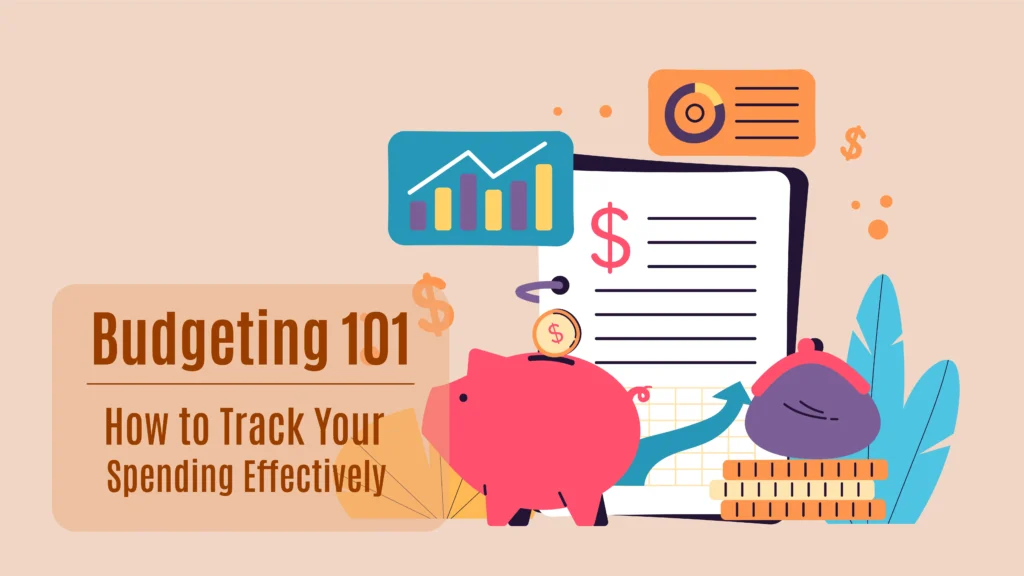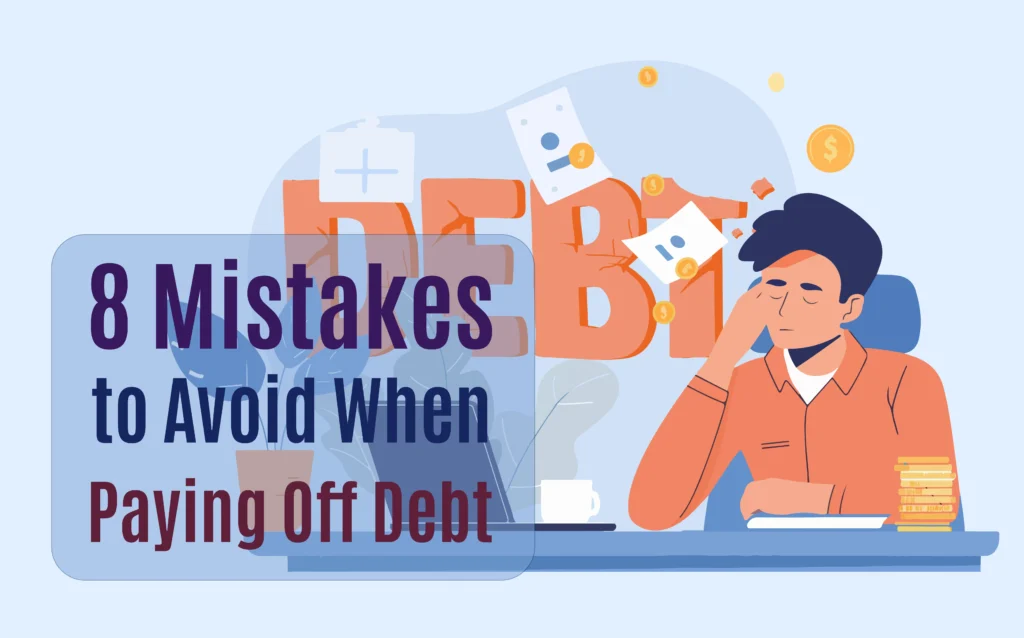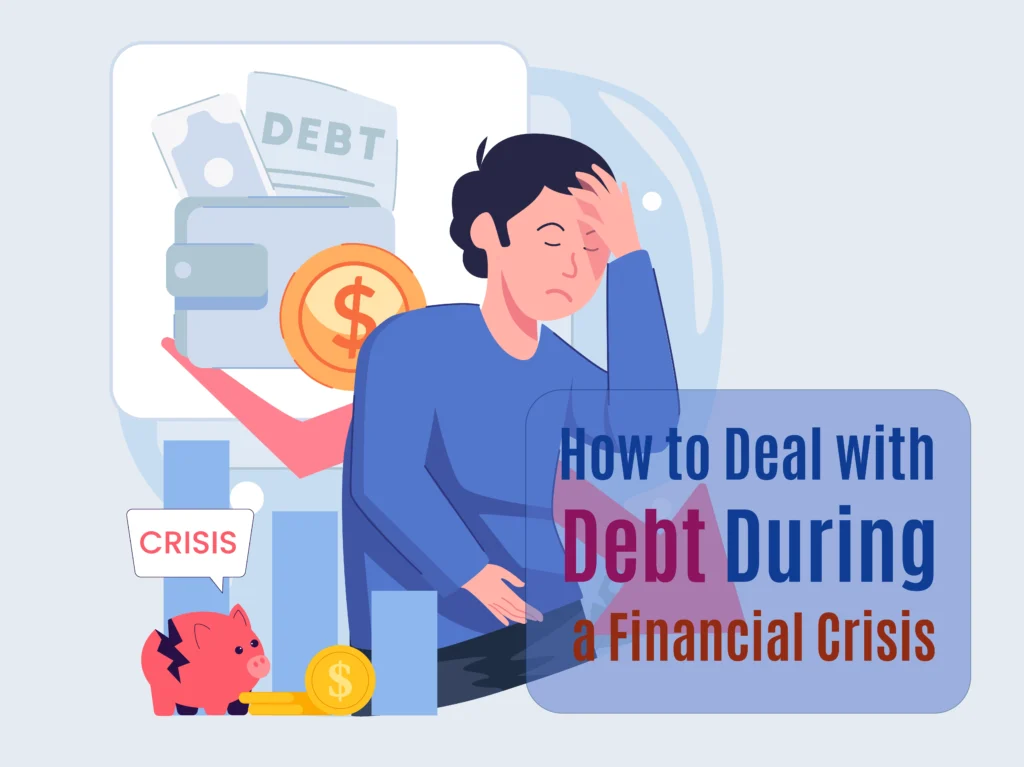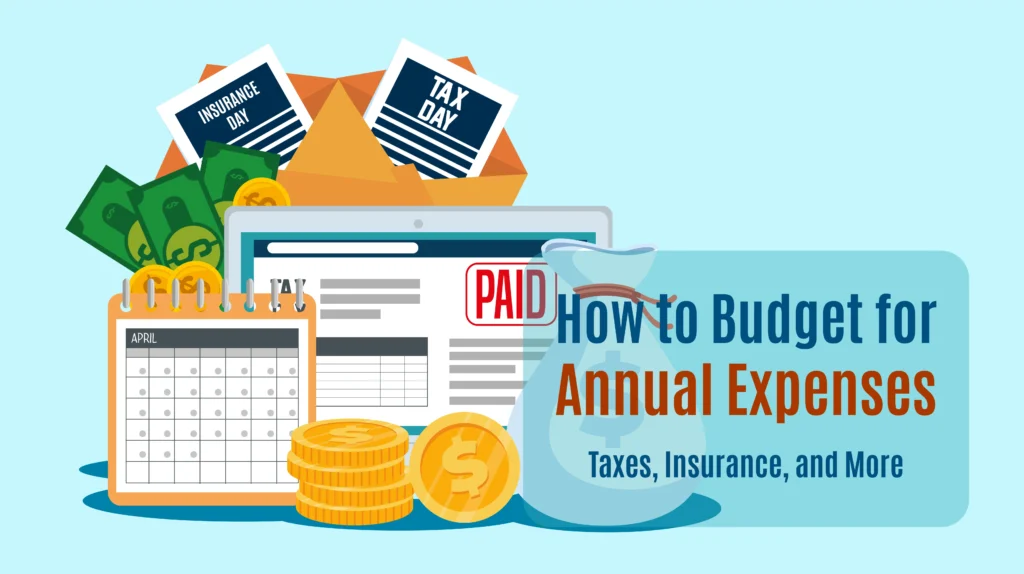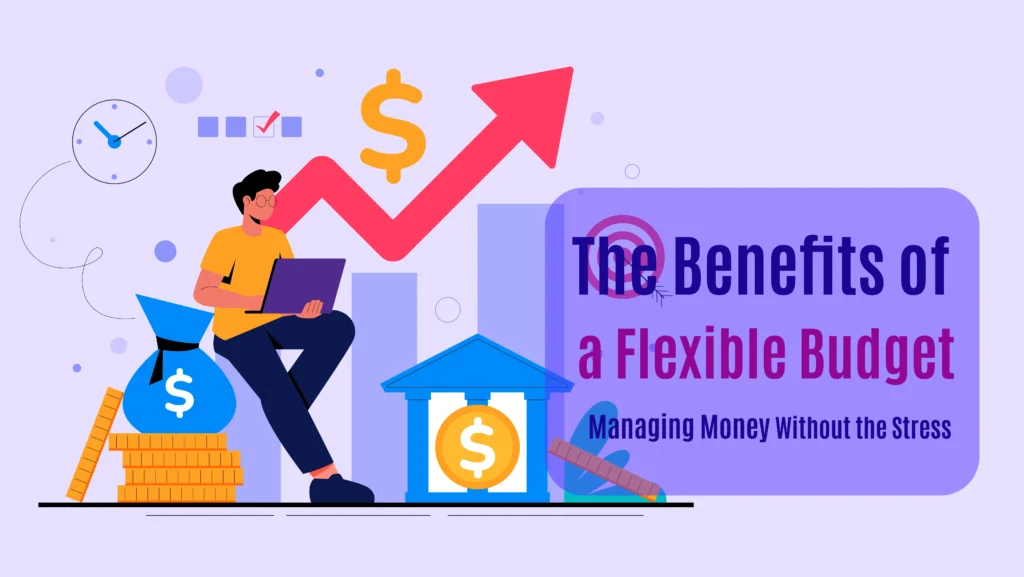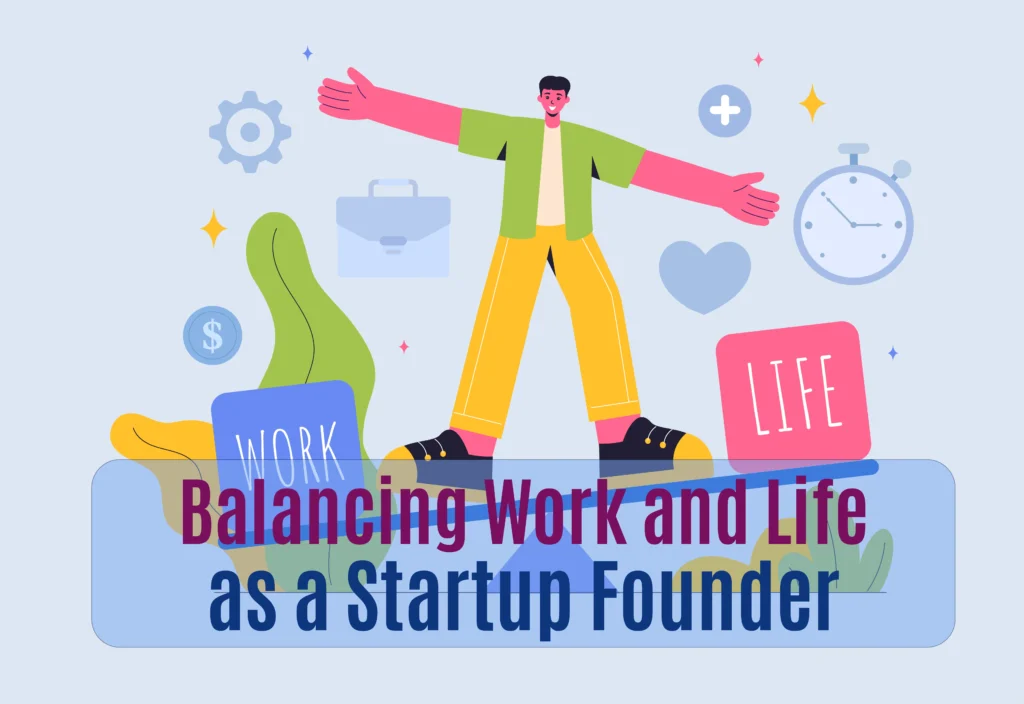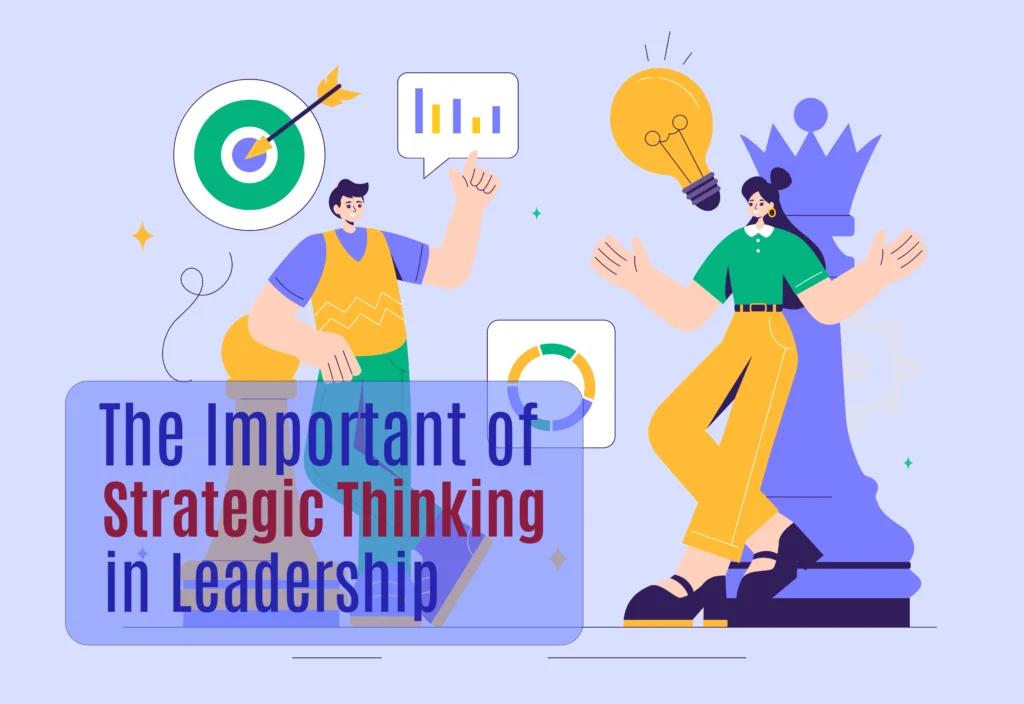What Is Procrastination and Why It Happens?
We’ve all been there—sitting in front of a task we know we need to finish but finding ourselves doing anything else instead. Maybe it’s scrolling through social media, organizing our desk, or simply staring at the screen waiting for inspiration to strike. This act of delaying or avoiding something important is called procrastination. It’s a common behavioral problem, one that can significantly impact productivity, mental health, and even success.
But what exactly is procrastination? Why do we procrastinate even when we know it leads to stress, missed opportunities, and guilt? To truly understand this, we need to dive deeper into the psychological, emotional, and cognitive reasons behind it. In this blog post, we’ll explore the nature of procrastination, why it happens, and most importantly, how to overcome it.
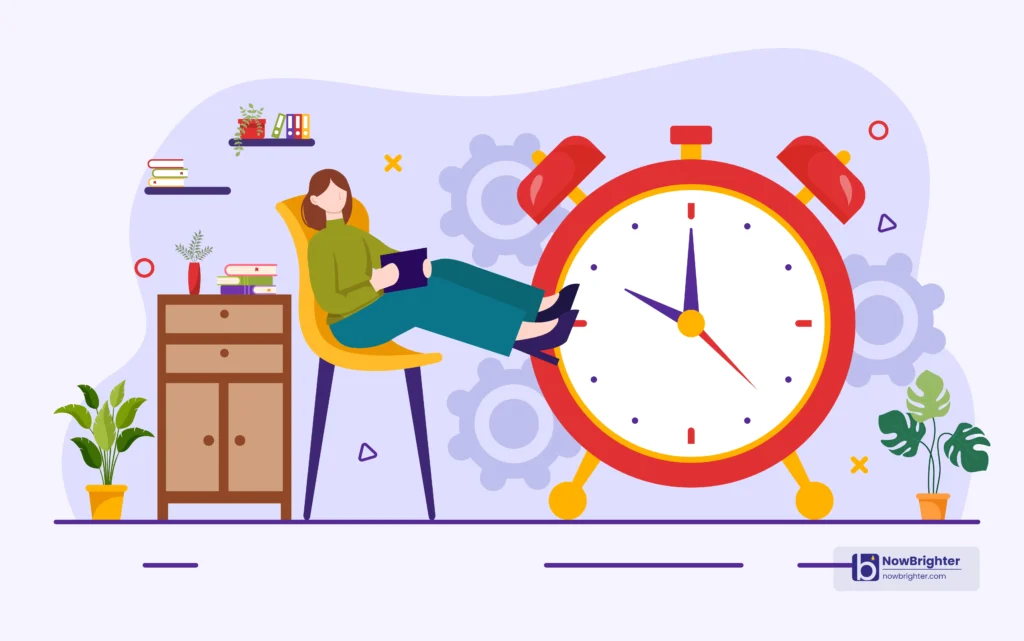
What Is Procrastination?
At its core, procrastination is the act of delaying or postponing something, often a task that requires attention or effort. Even when we know that delaying the task might lead to negative consequences—like stress, rushed work, or failure to meet deadlines—people still tend to put off getting started. But it’s more complex than just laziness or poor time management. Procrastination often stems from deeper psychological and emotional triggers.
Definition of Procrastination
Procrastination is not merely a matter of avoiding work or being lazy. It is a pattern of behavior where we choose immediate comfort over completing an important task, even though we know it could lead to stress or regret later. Psychologists define it as a self-regulation failure—a struggle between short-term mood repair (choosing to avoid discomfort) and long-term goals (completing necessary tasks).
Types of Procrastination
Procrastination can manifest in different ways depending on the individual and situation. Understanding the types can help you recognize your own patterns and take action to change them:
- Passive Procrastination: This is the classic form of procrastination where individuals avoid tasks and delay action. The task is postponed until it becomes urgent, leading to stress and last-minute scrambling.
- Active Procrastination: While still delaying, active procrastinators often thrive under pressure. They intentionally wait until the last minute, believing they work better in a time crunch. While it may seem effective, this method can still lead to burnout and diminished quality of work.
Procrastination vs. Delaying: Understanding the Difference
It’s important to distinguish between procrastination and delaying. Delaying a task can sometimes be a strategic decision—putting off something less urgent to focus on higher priorities. For instance, if you’re working on an important project, intentionally postponing other tasks is a conscious choice that leads to better productivity.
Procrastination, on the other hand, is avoiding tasks even when you know that doing so will create stress or harm your progress. It’s rooted in avoidance, not prioritization. This difference is key when addressing procrastination in your own life.
Psychological and Emotional Causes of Procrastination
Procrastination isn’t just a bad habit; it’s deeply rooted in our psychology and emotions. The reasons people procrastinate often stem from deeper fears, avoidance behaviors, or unmet emotional needs.
Fear of Failure and Perfectionism
One of the most common reasons for procrastination is fear of failure. The thought of not completing a task perfectly can be paralyzing, especially for perfectionists who set extremely high standards for themselves. When we fear we won’t live up to these expectations, we avoid the task entirely.
Perfectionism can drive procrastination because the fear of not doing something perfectly makes it easier to delay action. Instead of taking a chance on possibly failing or producing less-than-perfect work, perfectionists may choose to wait and hope for ideal conditions that never come.
Lack of Motivation and Purpose
Sometimes procrastination stems from a lack of motivation or connection to the task at hand. If we don’t see the value in what we’re doing or feel that the task is boring, it’s easy to put it off. The absence of a clear purpose or reward diminishes motivation, leading to avoidance.
Tasks that lack immediate gratification—those where the payoff is distant or unclear—are more likely to be delayed. Without the sense of urgency or excitement that comes with meaningful tasks, our motivation dwindles, and we resort to procrastination.
Decision Paralysis: Too Many Choices
In today’s fast-paced world, decision-making overload can lead to decision paralysis. When faced with too many options or choices, people often become overwhelmed and put off making decisions altogether. This indecision is a form of procrastination that can keep us stuck, unable to move forward because we don’t know which path to take.
Whether it’s choosing between multiple work tasks or deciding how to approach a complex project, an overload of options can prevent us from taking action, leading to further procrastination.
Anxiety and Stress
Anxiety is another significant driver of procrastination. Many people procrastinate to avoid the stress or discomfort that comes with difficult tasks. In these cases, procrastination becomes a coping mechanism for avoiding the negative emotions associated with the task. While this may provide temporary relief, it often leads to even more stress as deadlines loom closer.
This avoidance pattern creates a vicious cycle: procrastination temporarily reduces anxiety, but as the deadline approaches, stress intensifies, leading to further avoidance and more anxiety.
Biological and Cognitive Factors Influencing Procrastination
Procrastination isn’t just driven by psychology and emotions—it also has biological and cognitive underpinnings. Our brain chemistry and decision-making processes can heavily influence our tendency to procrastinate.
The Role of Dopamine in Procrastination
Dopamine, a neurotransmitter linked to the brain’s reward system, plays a crucial role in procrastination. When we complete tasks, especially ones we enjoy, our brain releases dopamine, which makes us feel good. However, procrastinators often seek short-term dopamine boosts from more pleasurable or easier activities—like checking social media or watching videos—rather than focusing on long-term, less immediately gratifying tasks.
This pursuit of instant gratification through dopamine is a key reason why procrastination happens. Our brains are wired to seek out rewards, and short-term pleasures provide a faster dopamine hit than longer, more complex tasks. Over time, this behavior reinforces the habit of procrastination.
Cognitive Load: Information Overload
Another cognitive factor that contributes to procrastination is cognitive load—the amount of mental effort needed to process information. When we are bombarded with too much information or face a complex task, our cognitive load increases, leading to mental fatigue.
Tasks that feel overwhelming or require extensive decision-making are often postponed because our brains seek relief from the cognitive strain. Procrastination becomes a way to avoid overloading our mental resources, even though delaying the task doesn’t reduce the eventual complexity.
Lack of Self-Control and Time Management Skills
Self-control is a key element in managing procrastination. People who struggle with procrastination often have difficulty controlling their impulses, especially when it comes to tasks that require sustained effort or delayed gratification. Without strong self-regulation, it’s easy to succumb to distractions and avoid tasks that require concentration.
Similarly, poor time management skills exacerbate procrastination. People who don’t have a clear plan or structure for how to tackle tasks often find themselves overwhelmed by the size or complexity of what needs to be done. Without a roadmap, it’s easy to feel lost and, consequently, to put off getting started.
≫ Related Post: The Link Between Procrastination and Perfectionism
The Impact of Procrastination on Productivity and Well-being
While procrastination might seem harmless in the short term, its long-term effects can be damaging—both professionally and personally. From reduced productivity to negative impacts on mental health, procrastination can have far-reaching consequences.
Effects on Mental Health
Chronic procrastination is closely linked to negative mental health outcomes. The cycle of procrastination often leads to feelings of guilt, shame, and stress, as people realize they’ve delayed important tasks. This guilt can contribute to feelings of low self-esteem and, in some cases, even depression. Procrastinators often find themselves trapped in a cycle of avoidance, regret, and anxiety.
Additionally, the stress caused by impending deadlines or unfinished tasks can exacerbate anxiety disorders, making it even harder to focus and complete tasks. Over time, this takes a toll on both mental well-being and work performance.
Reduced Productivity and Missed Opportunities
One of the most obvious effects of procrastination is its negative impact on productivity. By delaying important tasks, procrastinators often rush through them at the last minute, leading to lower quality work and missed opportunities. Projects are completed hastily, and important details are overlooked, resulting in poorer outcomes.
Missed deadlines, delayed projects, and incomplete work can damage a person’s reputation, career progression, and even relationships with colleagues. In competitive environments, chronic procrastination can limit professional growth and development.
Procrastination and the “Time Famine”
The concept of time famine—the constant feeling that there’s never enough time to get everything done—is closely linked to procrastination. By continually delaying tasks, people often find themselves feeling more pressed for time as deadlines approach. This perception of time scarcity fuels further stress, reinforcing the procrastination cycle.
When people procrastinate, they often underestimate how much time a task will take to complete, leading to time management issues and a growing sense of urgency as deadlines loom closer.
Why Procrastination Happens: Root Causes and Triggers
Understanding the root causes of procrastination is essential for overcoming it. While there are many contributing factors, certain patterns tend to trigger procrastination more than others.
The Immediate Gratification Principle
One of the main reasons people procrastinate is the immediate gratification principle. Humans are wired to seek out pleasure and avoid discomfort. When faced with an unpleasant or difficult task, we are more likely to choose activities that provide instant gratification—like checking our phones or chatting with a coworker—rather than diving into the task at hand.
This need for immediate pleasure often overrides long-term goals, making it difficult to focus on tasks that don’t offer instant rewards.
The Role of Task Aversion
Procrastination is often driven by task aversion—the tendency to avoid tasks that are boring, difficult, or unpleasant. When we dislike a task or find it daunting, we naturally seek to avoid it. However, this avoidance only leads to increased stress and a growing sense of dread as the task looms closer.
Tasks that feel overwhelming in scope or that require a lot of mental or emotional energy are particularly likely to be procrastinated on.
Underlying Psychological Issues
Procrastination can sometimes stem from deeper psychological issues, such as low self-esteem, imposter syndrome, or unresolved emotional conflicts. People who struggle with self-worth may procrastinate as a way of avoiding tasks that they believe they won’t be able to do well. Similarly, those suffering from imposter syndrome may delay tasks out of fear that completing them will expose their perceived inadequacies.
Addressing these underlying psychological factors is crucial for breaking the procrastination habit and building self-confidence.
How to Overcome Procrastination
While procrastination can feel overwhelming, it’s a habit that can be changed with effort and self-awareness. The key to overcoming procrastination lies in addressing the emotional, psychological, and practical factors that fuel it.
Breaking the Procrastination Cycle
Breaking the cycle of procrastination starts with awareness. Recognize when you are procrastinating and what triggers are causing it. Once you’ve identified your procrastination patterns, you can begin to take small steps toward overcoming them.
One strategy is to break tasks down into smaller, manageable parts. Often, procrastination happens because the task feels too big or too complex. By dividing it into smaller, more achievable steps, the task becomes less intimidating, making it easier to get started.
Building Motivation and Focus
Increasing intrinsic motivation is another key to overcoming procrastination. When tasks feel meaningful or connected to larger personal or professional goals, it’s easier to stay focused and engaged. Set clear goals and visualize the benefits of completing tasks on time—this helps create a sense of purpose that can counteract the pull of procrastination.
Additionally, improving focus through techniques like mindfulness or meditation can help train the brain to resist distractions and maintain attention on the task at hand.
Developing Better Time Management Skills
Improving time management skills is essential for overcoming procrastination. Techniques like the Pomodoro technique, where you work in short, focused intervals with breaks in between, can help keep you on track and prevent burnout.
Another effective strategy is time-blocking, which involves scheduling specific blocks of time for focused work on individual tasks. Prioritization methods, such as Eisenhower’s Urgent-Important Matrix, can also help you focus on the tasks that are most critical and avoid spending time on less important activities.
Managing Emotions and Anxiety
Since procrastination is often driven by emotional discomfort, learning to manage emotions and anxiety is crucial. Practices such as mindfulness, meditation, or cognitive-behavioral techniques can help reduce the anxiety that triggers procrastination. Addressing emotional discomfort directly allows you to focus on the task rather than avoiding it to escape negative feelings.
Conclusion: Procrastination as a Habit, Not a Trait
Procrastination is not an inherent trait; it’s a habit—a learned behavior that can be changed. While the causes of procrastination are complex, ranging from psychological fears to biological impulses, it is possible to break free from the cycle with the right strategies and mindset.
By understanding the root causes of procrastination, improving time management skills, and addressing the emotional triggers behind avoidance, individuals can develop healthier, more productive habits. The journey to overcoming procrastination is not easy, but with persistence, it’s possible to regain control over your time and productivity.

